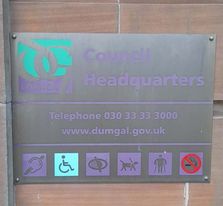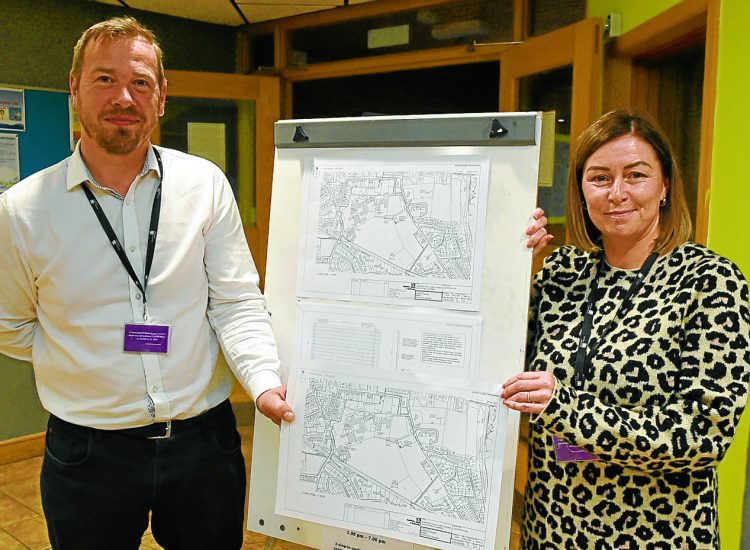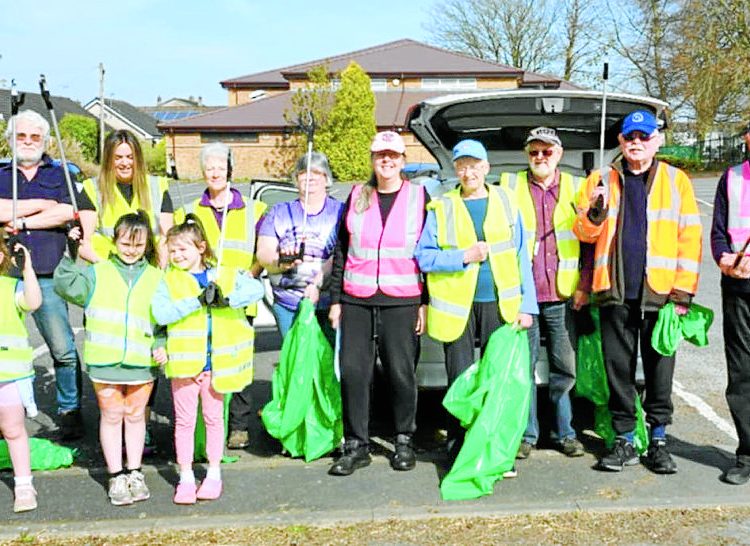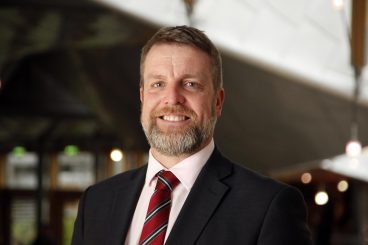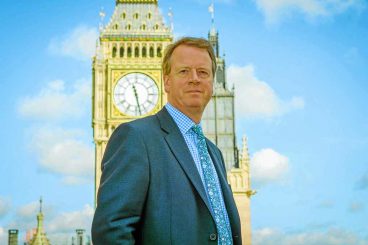DUMFRIES and Galloway Council’s ambitions of achieving its net zero carbon targets by 2025 could be five to ten years off the mark.
The local authority boldly announced several years ago that it was aiming to drastically lower emissions and achieve net zero by 2025.
However, progress has been slow and it may take considerably longer, a councillor has admitted.
Inspectors from Audit Scotland recently scrutinised the leadership of the council and highlighted how the local authority had not backed up its talk on achieving environmental targets.
Auditors were disappointed to discover that the council was “silent” on whether or not it was working towards the original target of achieving net zero emissions by 2025.
At the council’s audit committee last week, the auditors stated: “Particular areas of focus that the commission (Standards Commission) wanted us to look were about inequalities and climate emergencies, and how councils are prioritising those and dealing with them.
“We’re very pleased to see that they’re reflected in the council plan in the core set of principles, but we do comment that the council plan was silent on whether the council was still working towards its target of achieving net carbon emissions in Dumfries and Galloway by 2025.
“We made a recommendation that that should be clarified.”
It was then confirmed that the council’s cross-party working group on climate change will clarify the council’s net zero position in March 2024.
However, Annandale East and Eskdale Councillor Archie Dryburgh, leader of the Labour Group, said: “The cross party working group met on Tuesday and we actually talked about how, ‘is the target of 2025 actually a good target?’
“We think it was a good target to have to start people thinking about target zero for climate emergencies.
“Because everyone is now looking at climate change, when you look at manufacturing for instance on vehicles, everyone is asking the manufacturers to deliver those vehicles and they don’t have the depth and strength to deliver everybody’s vehicles on time.
“I think it’s important for us in the cross party working group to suggest to the economy and resources committee to consider what the actual target for zero will be.
“Now whether that’s 2030 or 2035, it will be up to that committee to come up with that. But I think it’s appropriate to say that, because we had the target of 2025, it got people to start thinking differently about reports and where we go from there.”





